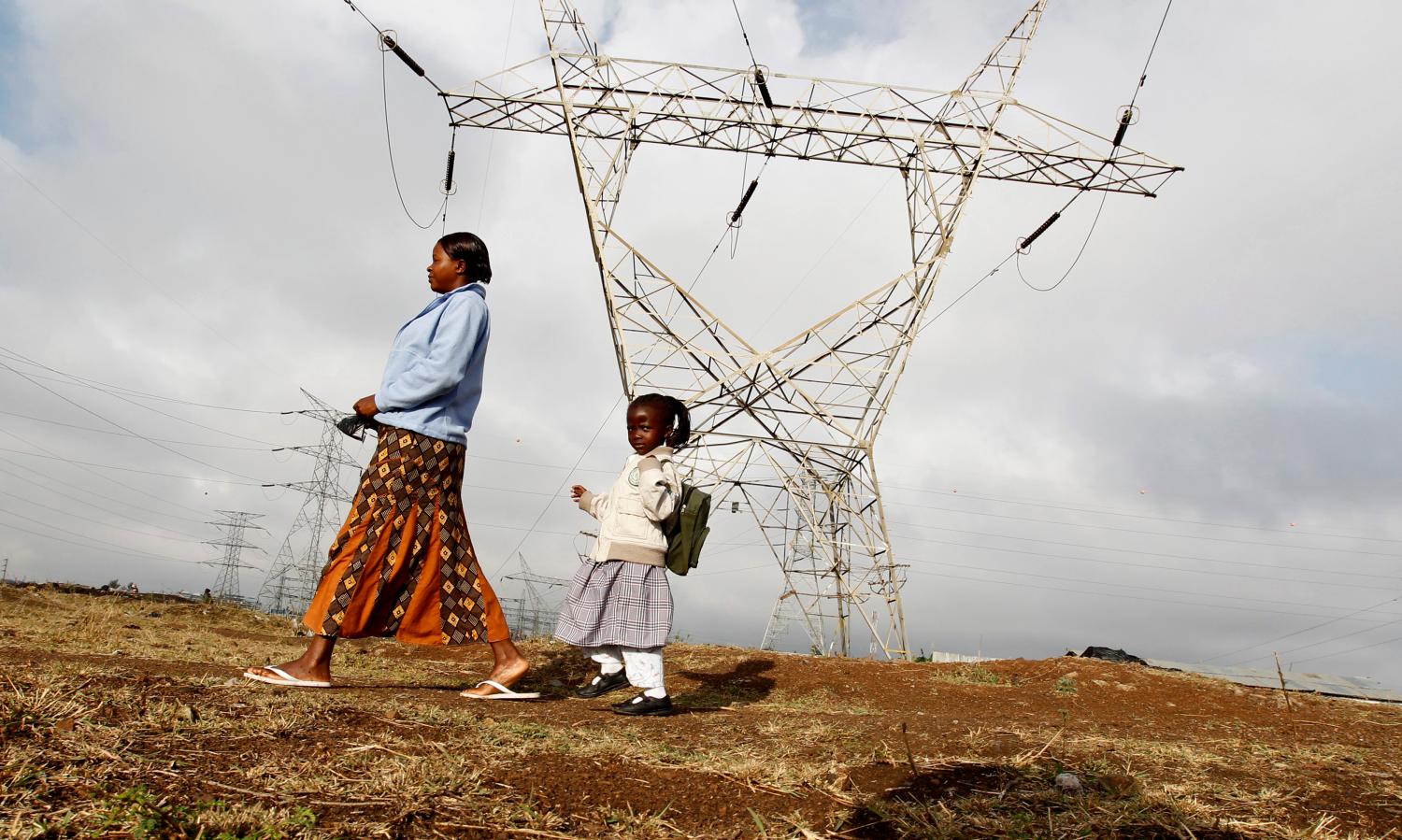Editor’s Note: This chapter is part of the 2013 Foresight Africa full report, which details the top priorities for Africa in the coming year. Read the full report here.
Nearly 600 million Africans face energy poverty, the inability to cook with modern cooking fuels and a lack of minimum lighting for productive activities at sunset. This energy gap impacts a variety of health, education and economic outcomes: Vaccines cannot be properly refrigerated, girls are pulled out of school to collect firewood, and small businesses cannot expand because of energy limitations.
As the Obama team considers a policy legacy for Africa during its second term starting in 2013, Todd Moss and Stephanie Majerowicz explain how a strong U.S. commitment to close the energy poverty gap in Africa can benefit the global economy. With strategic interventions, the U.S. could address this energy poverty gap while at the same time create markets and increase investments for American businesses. If the White House leverages private investment by rationalizing U.S. government tools, such as the Overseas Private Investment Corporation, and engages proactively with African environmental powers, the U.S. could make a significant contribution to accomplishing this achievable goal.
The Brookings Institution is committed to quality, independence, and impact.
We are supported by a diverse array of funders. In line with our values and policies, each Brookings publication represents the sole views of its author(s).



